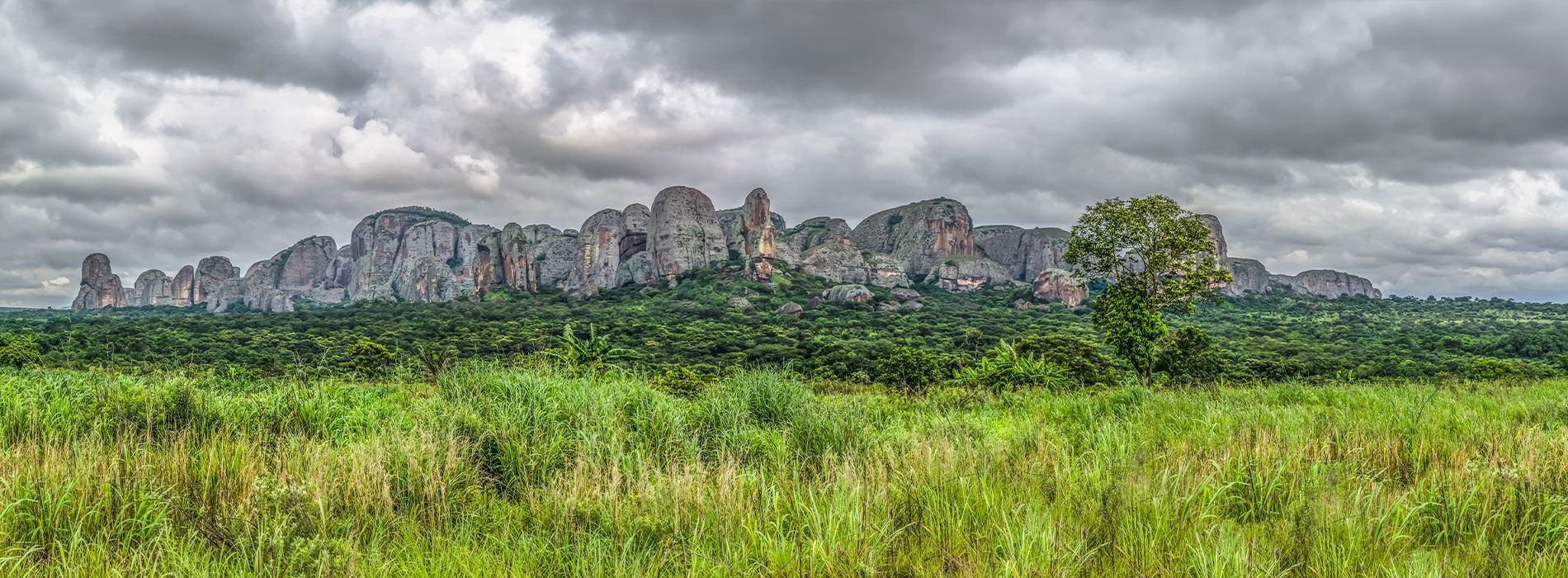Angola Short-term Work Visa Complexities
July 22, 2021
By: Caroline Kanzara
The subject of immigration in Angola is a puzzle for many organisations. Angola offers several immigration options for companies in the oil and gas sector, but these options are not always adequate for the needs of the companies. Additionally, they leave room for interpretation and potential abuse. In this article I will explore the available options for short-term work in the oil and gas sector as well as the challenges, risks and recommendations for companies.
Only one short term visa option
Angola offers only one visa option for short term employment in the oil and gas sector. This is in the form of a Short Term Visa (STV). The STV is issued for emergency work and allows the individual to conduct work offshore. The STV is valid for ten days and can be extended in country for a further period of ten days.
Perhaps the most challenging aspects about the STV have to do with the fact that once it is issued, it gives the individual 72 hours to travel to Angola. Failure to do so within this time frame results in the visa expiring.
Over the years, companies in the oil and gas sector have attempted unsuccessfully to use this visa for regular rotation work, which has resulted in fines for overstaying. A regular rotation is 28 days, which can result in eight days for which the company is required to pay fines per rotation. From a corporate image point of view, companies run the risk of being considered noncompliant by the authorities for allowing overstaying.
The STV has currently been proving to be particularly challenging for companies because of the mandatory ten-day quarantine requirement in Angola as a result of the COVID-19 pandemic. Upon arrival in Angola, the authorities retain the travellers passport for the ten-day quarantine period and only release the passport upon receipt of a negative PCR test at the end of the quarantine. But when does the ten-day period for the validity of the visa commence counting? What happens to the visa during quarantine, as the STV is valid for the exact number of days as the quarantine period?
Visa activation
Unfortunately, there has been some inconsistency in the handling of this process. Some visas have been activated after the ten-day quarantine period, allowing the individual the initial ten days to work soon after quarantine. We have also noted that sometimes the visa gets activated upon entry, which results in the visa period running concurrently with the time in quarantine and diminishing the value of the visa to the individual and the company the individual represents, because an individual may only have ten days to conduct work instead of the expected 20 days.
Officially, the renewal process for the STV in country takes a minimum period of five working days and a maximum period of seven working days, but this process can sometimes take longer. Also, on certain occasions, when the application is finalised, the passport is released with a visa with only a few days remaining, suggesting that the visa was issued earlier and the release of the passport was delayed. This creates the serious challenge of limiting the number of days an individual can work legally before incurring fines for overstaying.
The STV is the only visa that allows individuals to work offshore on a short-term basis, and with all the complexities outlined above, it is presenting complex challenges for short-term work, particularly due to the issues brought about by the COVID-19 pandemic, such as various Angolan missions closing down during lockdown or only working specific days of the week. For example, in the UK, the Angolan mission was not issuing visas for a number of weeks due to system issues. In some instances, the missions have run out of visa stickers, causing further delays. As a short-term measure, some companies have resorted to using the e-visa or business visa for short-term work to avoid all the issues and delays—a risky approach because, in terms of Angolan immigration law, the business visa does not allow holders to conduct work, opening companies up to sanctions for noncompliance.
Contact us
The consequences of noncompliance in Angola vary and can be unpredictable. As such, it is important for companies to remain compliant. It is also important to seek the assistance of experienced immigration providers to assist you with strategic advice that is tailor-made for your organisation.
For further assistance with Angola immigration matters, please contact Caroline Kanzara at [email protected] or your Fragomen immigration professional. This blog was published on 22 July 2021, and due to the circumstances, there are frequent changes. To keep up to date with all the latest updates on global immigration, please visit our dedicated COVID-19 site, subscribe to our alerts and follow us on LinkedIn, Twitter, Facebook and Instagram.















